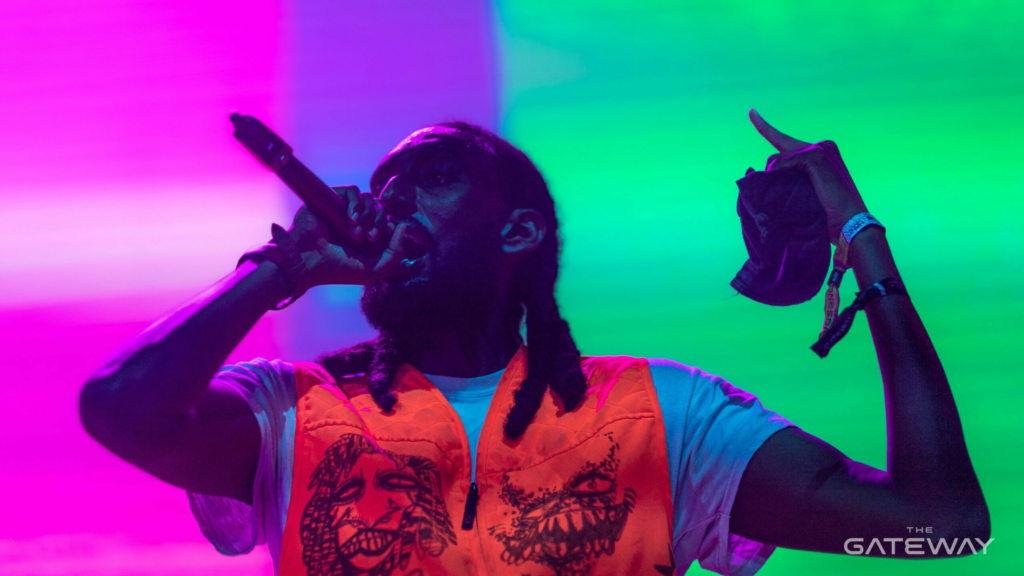Every week we simplify the market into key points so you can stay up to date on market trends, upcoming drops, top project guides and much more!
BY Langston Thomas
December 30, 2022
There’s a disparity between genres in Web3 music. While hip-hop and electronic (and, to a much lesser extent, pop) undoubtedly dominate the space, each seems to exist in its own microcosm. Considering the technological dependency of electronic music, it makes sense that the genre has easily found a foothold in Web3, but what about the others?
Hip-hop may be the most genuine reflection of the NFT space. We’re not talking about mainstream rap/hip-hop, though. While on the one hand, superstar electronic DJs like 3LAU, Dillon Francis, and Steve Aoki have solidified their lasting names in Web3, frontrunners of the hip-hop scene have been relatively few and far between.
Snoop Dogg, Timbaland, and a handful of others seem to be here to stay. Still, it can’t be ignored that countless stars, like Lil Uzi Vert, Trippie Redd, A$AP Rocky, and so many more have become involved in NFTs just to turn around and almost immediately pull their names (and profits) out of the ecosystem. All things considered, how is hip-hop supposed to flourish in Web3?
The grassroots nature of blockchain tech has helped hip-hop achieve a rather steady base in Web3. While numerous industry leaders have become involved in the pop and electronic sectors of Web3 music, erecting their own unique platforms and developing virtual artists, hip-hop has remained a genre helmed almost solely by digitally-native creators within the NFT community.
This isn’t to discount NFT ventures like SongCamp or innovative music projects like Arpeggi Labs, quite the contrary. While independent successes are significantly additive to the Web3 music space, hip-hop highlights a sticktoitiveness that all market sectors might learn from.
To see the innovation happening on the ground floor of Web3 hip-hop, we need look no further than creators like multitalented artist LATASHÁ, who has been almost single-handedly defining the music video NFT market while acting as a steward of Web3 events via Zoratopia. And while those like LATASHÁ aid in infrastructure and art, rappers like Heno., Black Dave, MoRuf, and so many more are, in real-time, setting the tone for independent prosperity on music NFT platforms.
A bootstrap movement by all accounts, hip-hop has seemingly taken over as the backbone of Web3 music. This is perhaps not blatantly apparent to those outside and looking in at music NFTs, but to participants in the industry, it’s undeniable. Yet, while other sectors of the NFT market have begun to trickle toward mass adoption, some have been left questioning when this might happen for Web3 music.
Looking toward the future, what would it take for mainstream hip-hop to make the leap into Web3, and vice versa? While the very surface of this intersection has been explored by the aforementioned industry giants securing staying power in Web3 hip-hop, the question is also being explored by individuals and brands — including Soulection, Death Row Records, and now, Rolling Loud.
Through a PFP project called LoudPunx, Rolling Loud hopes to enter the NFT space, cultivate community, and become an incubator for hip-hop in Web3 all in one go. While this eventuality may still be a ways off, the NFT community can still help support the creators of culture by sharing their art, spreading the word, and uninhibitedly celebrating the biggest music NFT moments of 2022 and beyond.
Author
Administraroot


